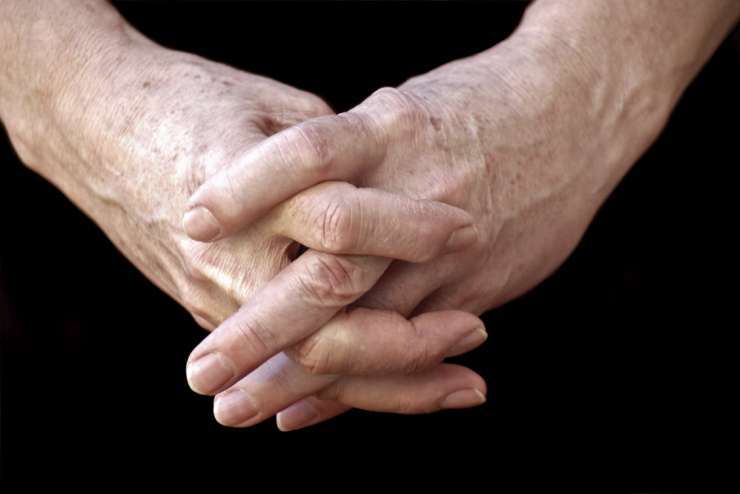When you think about workers’ compensation claims, you may immediately think about one-time accidents that cause traumatic injuries to a worker. However, workers’ compensation claims can also arise from injuries not caused by a single incident. You may have the right to benefits for repetitive stress-related injuries that arise over time due to conditions at work.
Jobs can cause stress in many different ways. The following are some examples of stress-related injuries that may lead to workers’ compensation claims in Connecticut.
Injuries from Physical Stress
Many jobs require workers to perform the same physical tasks over and over again, such as typing, repeated lifting, or being on an assembly line. Certain repetitive activities can take a toll on the body and workers can develop injuries commonly referred to as cumulative trauma disorders (CTDs). CTDs can include conditions like tendonitis, degenerative disc disease, and carpal tunnel syndrome, which can cause pain and limit mobility. Medical treatment is often required to correct the problem, including physical therapy or even surgery.
A doctor can often pinpoint the cause of a cumulative trauma disorder. If it is work-related, you are entitled to workers’ compensation benefits for your medical treatment and partial wage replacement if you have to miss work.
Intense physical stress also can manifest itself in a variety of medical conditions, including:
-
Heart disease and heart attacks
-
Strokes
-
Gastrointestinal problems
-
Depression, anxiety, and other mood disorders
-
Diabetes
-
Asthma
It can be more challenging to connect such health conditions to stress at work than it can for CTDs. It is critical to have a highly experienced workers’ compensation lawyer helping you to ensure you receive the benefits you need.
Contact a Connecticut Workers’ Compensation Attorney for Assistance
If you have sustained any type of work-related illness or injury, please discuss your rights with an experienced Hartford, CT workers’ compensation attorney at Leighton, Katz & Drapeau. Call for a free consultation at 860-875-7000.
1http://www.ct.gov/dph/lib/dph/environmental_health/eoha/pdf/ctds_fact_sheet.pdf
2https://medlineplus.gov/heartdiseases.html




